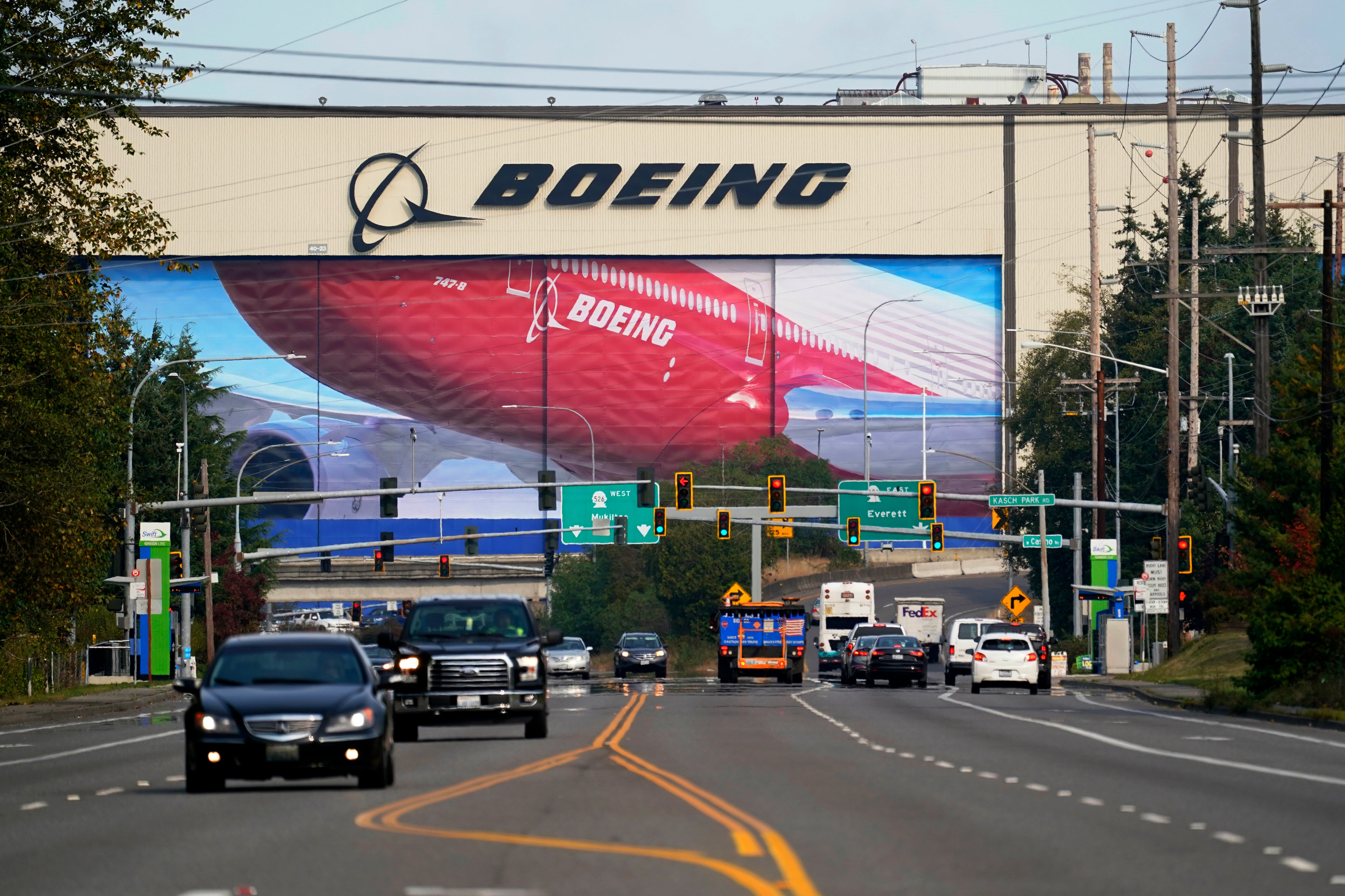US factory activity expands at fastest pace since 1983
U.S. manufacturers expanded in March at the fastest pace in 37 years, a sign of strengthening demand as the pandemic wanes and government emergency aid flows through the economy

Your support helps us to tell the story
From reproductive rights to climate change to Big Tech, The Independent is on the ground when the story is developing. Whether it's investigating the financials of Elon Musk's pro-Trump PAC or producing our latest documentary, 'The A Word', which shines a light on the American women fighting for reproductive rights, we know how important it is to parse out the facts from the messaging.
At such a critical moment in US history, we need reporters on the ground. Your donation allows us to keep sending journalists to speak to both sides of the story.
The Independent is trusted by Americans across the entire political spectrum. And unlike many other quality news outlets, we choose not to lock Americans out of our reporting and analysis with paywalls. We believe quality journalism should be available to everyone, paid for by those who can afford it.
Your support makes all the difference.U.S. manufacturers expanded in March at the fastest pace in 37 years, a sign of strengthening demand as the pandemic wanes and government emergency aid flows through the economy.
The Institute for Supply Management, a trade group of purchasing managers, said that its measure of factory activity jumped to 64.7 last month, from 60.8 the previous month. That's the highest since December 1983. Some of the gain may reflect a bounce-back from February, when harsh winter weather in Texas Louisiana and other southern states knocked some oil refineries and petrochemical plants offline.
Measures of new orders, production, and hiring all jumped, and more companies reported optimistic outlooks about future business conditions. Many firms, however, also reported difficulties in keeping up with demand, as snarled supply chains have delayed the shipment of parts and many firms have struggled to hire enough new workers.
“Extended lead times, wide-scale shortages of critical basic materials, rising commodities prices and difficulties in transporting products are affecting all segments of the manufacturing economy,” said Timothy Fiore, chair of the ISM's manufacturing business survey committee.
Americans have shifted their spending during the pandemic, as most consumers have been reluctant or unable to eat out, shop, or visit movie theaters as often as in the past. Instead, they have spent more on factory goods, such as new cars, furniture for expanded home offices, and workout bikes.
Factories have steadily re-hired workers since last spring, but have still only recouped about two-thirds of the jobs lost to the pandemic.